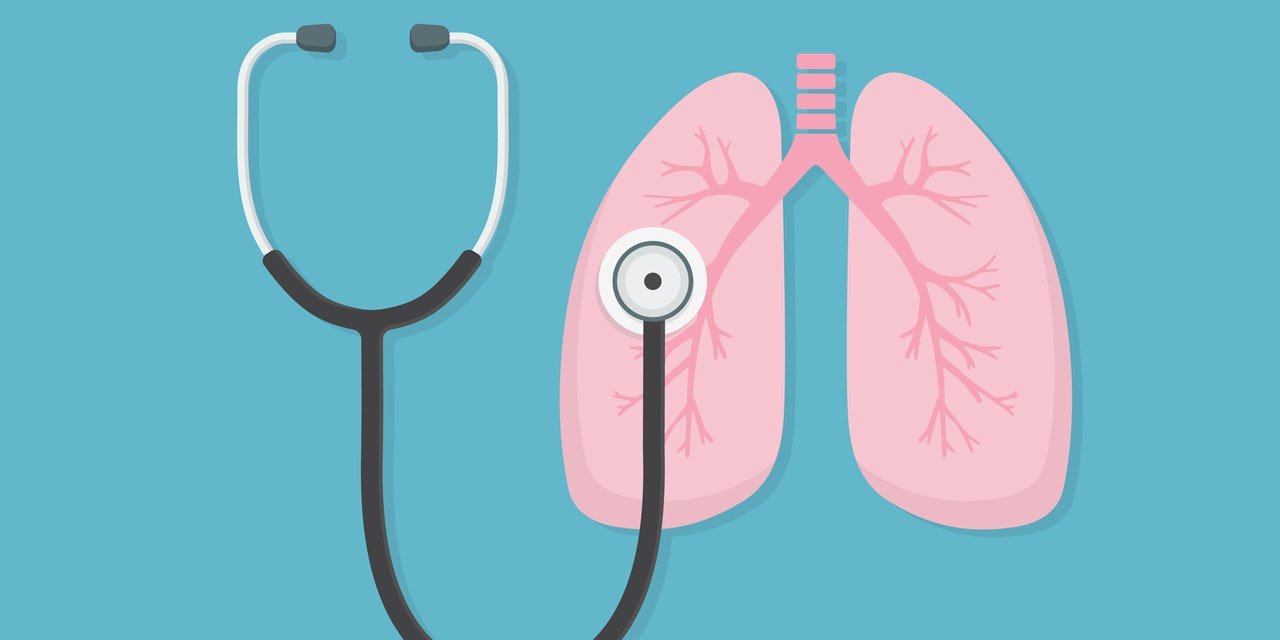The Indian traditional medical system known as Ayurveda recommends a number of herbs that are good for respiratory health. Here are some Ayurvedic herbs commonly used to support respiratory health:
- Tulsi: Tulsi, often known as holy basil, is highly valued in Ayurveda for its potent therapeutic qualities. It is good for respiratory health because of its antibacterial, anti-inflammatory, and expectorant properties. By encouraging smooth breathing and opening the respiratory passageways, Tulsi helps reduce the symptoms of cough, congestion, and asthma.
- Turmeric: Traditionally used in Ayurvedic medicine, turmeric, also known as Haldi, is a strong antioxidant and anti-inflammatory herb. It helps improve lung function, lessen respiratory tract inflammation, and lessen the symptoms of respiratory conditions like allergies, bronchitis, and asthma.
- Ginger (Adrak): Because of its warming and expectorant qualities, ginger is a multipurpose herb utilized in Ayurveda. It promotes lung health, eases coughing and sore throats, and reduces respiratory congestion. Additionally, the antibacterial qualities of ginger can aid in the fight against respiratory infections.
- Adhatoda (Vasaka): Another name for Adhatoda, Vasaka is a powerful herb used in Ayurveda medicine to treat respiratory conditions like cough, asthma, and bronchitis. Bioactive substances found in it, such as vasicine and vasicinone, have expectorant and bronchodilator qualities that assist to clear respiratory congestion and enhance breathing.
- Hirataki: Ayurvedic essential herb haritaki is renowned for its revitalizing and cleansing qualities. It aids in enhancing lung function, fortifying the respiratory system, and easing respiratory ailments including bronchitis and asthma. In addition, Haritaki promotes digestion, which is important for overall respiratory health.
- Yashtimadhu: Yashtimadhu, also known as licorice root, is prized in Ayurveda for its calming and anti-inflammatory qualities. By lowering respiratory tract inflammation, it aids in the relief of sore throat, cough, and respiratory discomfort. Additionally, licorice has expectorant properties that help clear mucus from the lungs.
- Pippali: Pippali, also known as long pepper, is a revitalizing herb that has positive impacts on respiratory health. It helps to open the airways and facilitate better breathing by acting as a bronchodilator. Additionally, pippali possesses expectorant qualities, which help it to relieve cough and respiratory congestion.
These plants have multiple uses in Ayurvedic medicine; they can be taken as herbal teas, decoctions, powders, capsules, or as part of a doctor’s recommended Ayurvedic formulations. Before using any herbal medicines, one should always consult a medical expert or an Ayurvedic practitioner.








